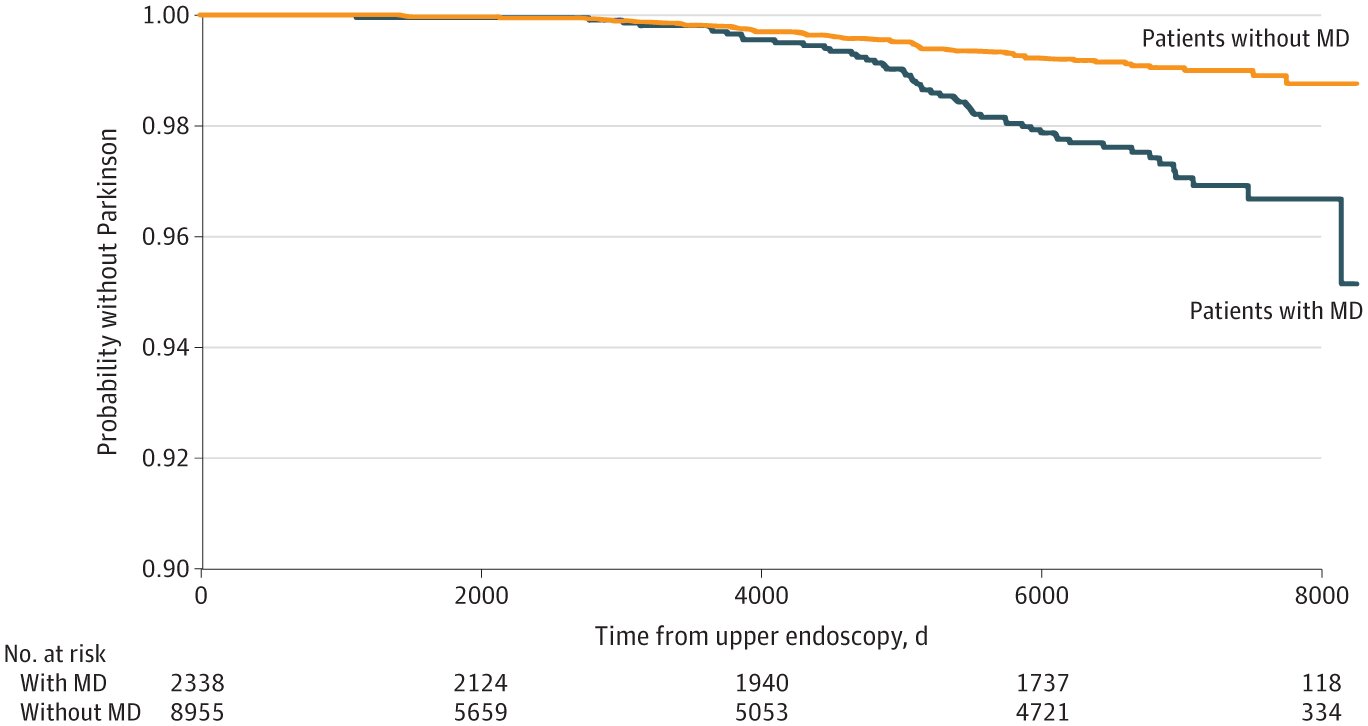A technique that uses videos and machine learning to quantify motor symptoms in early-stage Parkinson’s disease could help reveal signs of the disease and other movement disorders earlier, which could lead to better treatment outcomes.
In a study just published in Parkinsonism and Related Disorders, a team of researchers from the University of Florida and the Fixel Institute for Neurological Diseases shows that video assessment can help detect early Parkinsonism in an individual by comparing the movement of the left and right sides of their body. The approach, researchers say, exploits the fact that Parkinson’s disease usually starts asymmetrically, meaning one side is more affected than the other in early stages of the disease.
Researchers applied machine learning to analyze videos of individuals performing simple movements with their hands and legs that are commonly used by neurologists. The team looked for subtle differences between healthy individuals and those with early Parkinson’s disease. Their approach achieved 86% accuracy in distinguishing between the two groups.
“The technique is non-invasive, uses standard video recordings, and could potentially help in detecting signs of Parkinsonism earlier, improving treatment outcomes and patient management,” said lead author Deigo Guarin, an assistant professor of applied physiology and kinesiology at UF.

